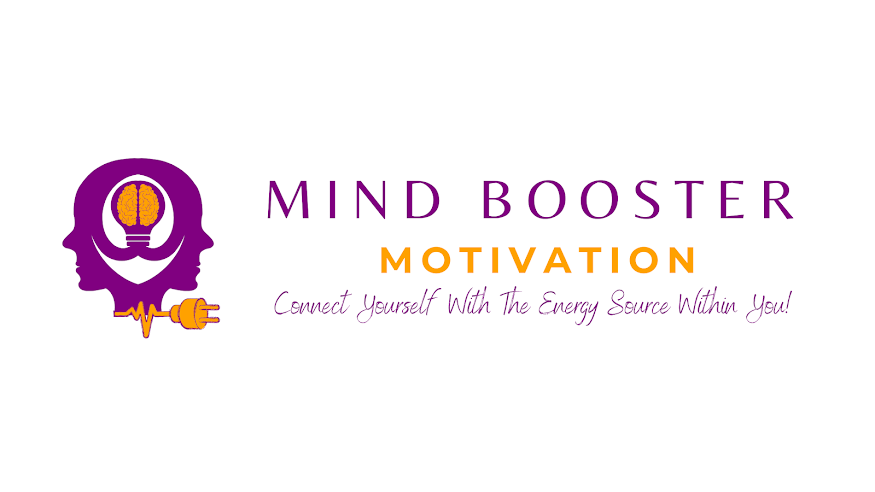The Philosophy of "No Pain, No Gain": It's Not a Joke, It's Real Exploring the Significance and Justification
I. The Psychological Aspect
a) Growth Mindset:
The philosophy of "No pain, no gain" aligns closely with the concept of a growth mindset. Embracing challenges and the associated discomfort is key to fostering resilience, perseverance, and a belief in one's ability to improve. By reframing hardships as opportunities for growth, individuals develop a mindset that drives continuous learning and personal development.
b) Embracing Discomfort:
Discomfort is often an inherent part of personal growth. Stepping out of one's comfort zone and embracing challenges can lead to expanded horizons, increased self-confidence, and a sense of achievement. Overcoming discomfort fosters personal resilience, adaptability, and the capacity to handle adversity.
c) The Role of Effort:
The philosophy of "No pain, no gain" emphasizes the importance of effort and hard work in achieving success. It challenges the notion of instant gratification and highlights the value of sustained effort, discipline, and dedication. The pursuit of meaningful goals often requires perseverance through difficult circumstances, and the philosophy reminds individuals of the necessity of enduring hardship to achieve long-term rewards.
II. The Physiological Aspect:
a) The Adaptation Principle:
The human body exhibits a remarkable ability to adapt to stress and stimuli. The philosophy of "No pain, no gain" recognizes that subjecting the body to controlled physical stress, such as through exercise, leads to adaptations that enhance strength, endurance, and overall fitness. By pushing the body beyond its limits, individuals can initiate physiological changes that contribute to growth and improvement.
b) The Importance of Challenge:
Engaging in challenging physical activities promotes physiological adaptations that optimize performance. It stimulates the growth of muscle fibers, improves cardiovascular capacity, and increases neuromuscular coordination. The discomfort experienced during such activities acts as a stimulus for the body to adapt, leading to enhanced physical capabilities over time.
c) Endorphins and Mental Well-being:
Physical exertion, despite being uncomfortable, often results in the release of endorphins, the body's natural feel-good hormones. Endorphins contribute to improved mood, reduced stress, and increased mental well-being. The temporary discomfort experienced during physical exertion is balanced by the sense of accomplishment, satisfaction, and improved mental state that follows.
III. The Philosophical Aspect:
a) The Existential Perspective:
The philosophy of "No pain, no gain" resonates with existential philosophy, which emphasizes personal responsibility and the search for meaning. Existential thinkers argue that life's challenges and difficulties are integral to personal growth and self-discovery. By confronting adversity and embracing discomfort, individuals engage in a transformative process that leads to self-realization and a deeper understanding of their purpose in life.
b) The Virtue of Resilience:
The philosophy of "No pain, no gain" cultivates resilience as a virtue. Resilience refers to one's ability to bounce back from setbacks, overcome challenges, and adapt to adversity. Embracing discomfort and persevering through difficult circumstances build resilience, character, and the capacity to navigate life's inevitable trials and tribulations.
c) Finding Meaning in the Journey:
The philosophy of "No pain, no gain" encourages individuals to find meaning in the process rather than fixating solely on the end result. It emphasizes the importance of personal growth, self-improvement, and the lessons learned along the way. By embracing the challenges inherent in the pursuit of goals, individuals cultivate a sense of fulfillment and purpose, even if the desired outcome is not immediately attained.
IV. Application and Critique:
a) Personal Development and Achievement:
The philosophy of "No pain, no gain" finds application in various domains of life, including personal development, education, career, and sports. It serves as a reminder that progress often requires effort, perseverance, and the willingness to embrace discomfort. By adopting this philosophy, individuals can overcome obstacles, achieve their goals, and reach their full potential.
b) Limitations and Criticisms:
While the philosophy of "No pain, no gain" holds valuable insights, it is essential to recognize its limitations and potential pitfalls. Overemphasis on struggle and discomfort can lead to burnout, neglect of self-care, or an unhealthy pursuit of constant achievement. Additionally, individuals must strike a balance between pushing their limits and respecting their physical and mental well-being.
V. Integrating the Philosophy into Life:
a) Mindset Shift:
Adopting the philosophy of "No pain, no gain" requires a mindset shift. It involves reframing challenges as opportunities for growth, embracing discomfort as a catalyst for change, and recognizing that progress often involves overcoming obstacles. Developing a growth mindset and cultivating a positive attitude toward adversity are key steps in integrating this philosophy into one's life.
b) Setting Meaningful Goals:
Meaningful goals provide purpose and direction in the pursuit of personal growth. By setting specific, achievable, and meaningful goals, individuals can align their efforts with their values and aspirations. The philosophy of "No pain, no gain" encourages individuals to choose goals that stretch their abilities, challenge their comfort zones, and inspire continued growth.
c) Self-Reflection and Adaptation:
To effectively integrate the philosophy of "No pain, no gain," individuals must engage in regular self-reflection and adapt their approach as needed. Reflecting on one's progress, identifying areas for improvement, and adjusting strategies contribute to a more sustainable and balanced journey of growth. It is essential to recognize when perseverance through pain is necessary and when self-care and rest are warranted.
As you can see between the lines, you have read so far. The philosophy of "No pain, no gain" transcends its surface-level interpretation, carrying deep psychological, physiological, and philosophical implications. Embracing discomfort, pushing boundaries, and persevering through challenges are integral to personal growth, achievement, and self-realization. By understanding the psychological drivers, physiological adaptations, and philosophical insights behind this philosophy, individuals can navigate the complexities of personal growth, embrace discomfort as a catalyst for change, and embark on a transformative journey toward self-actualization and success.







Comments
Post a Comment